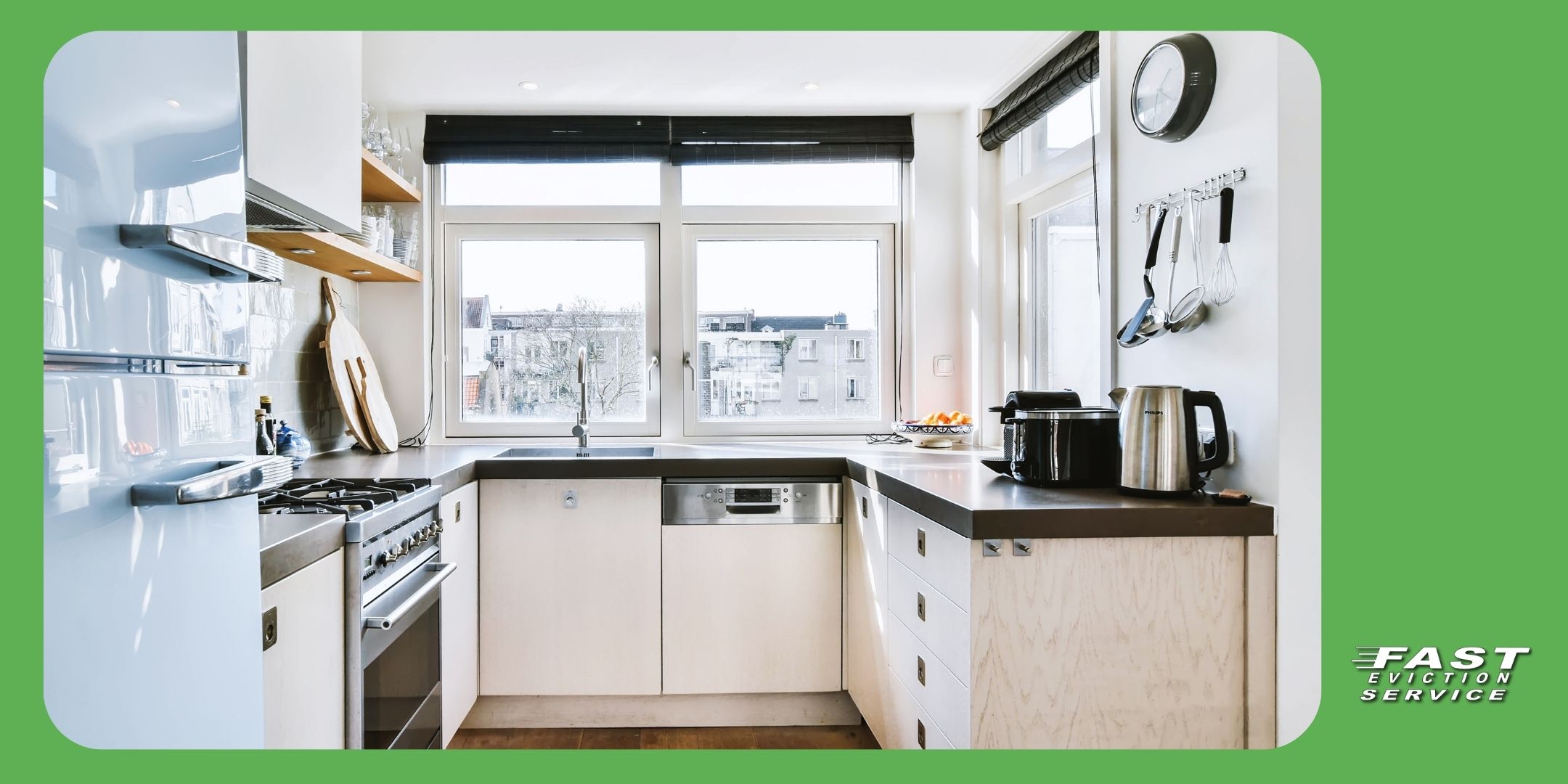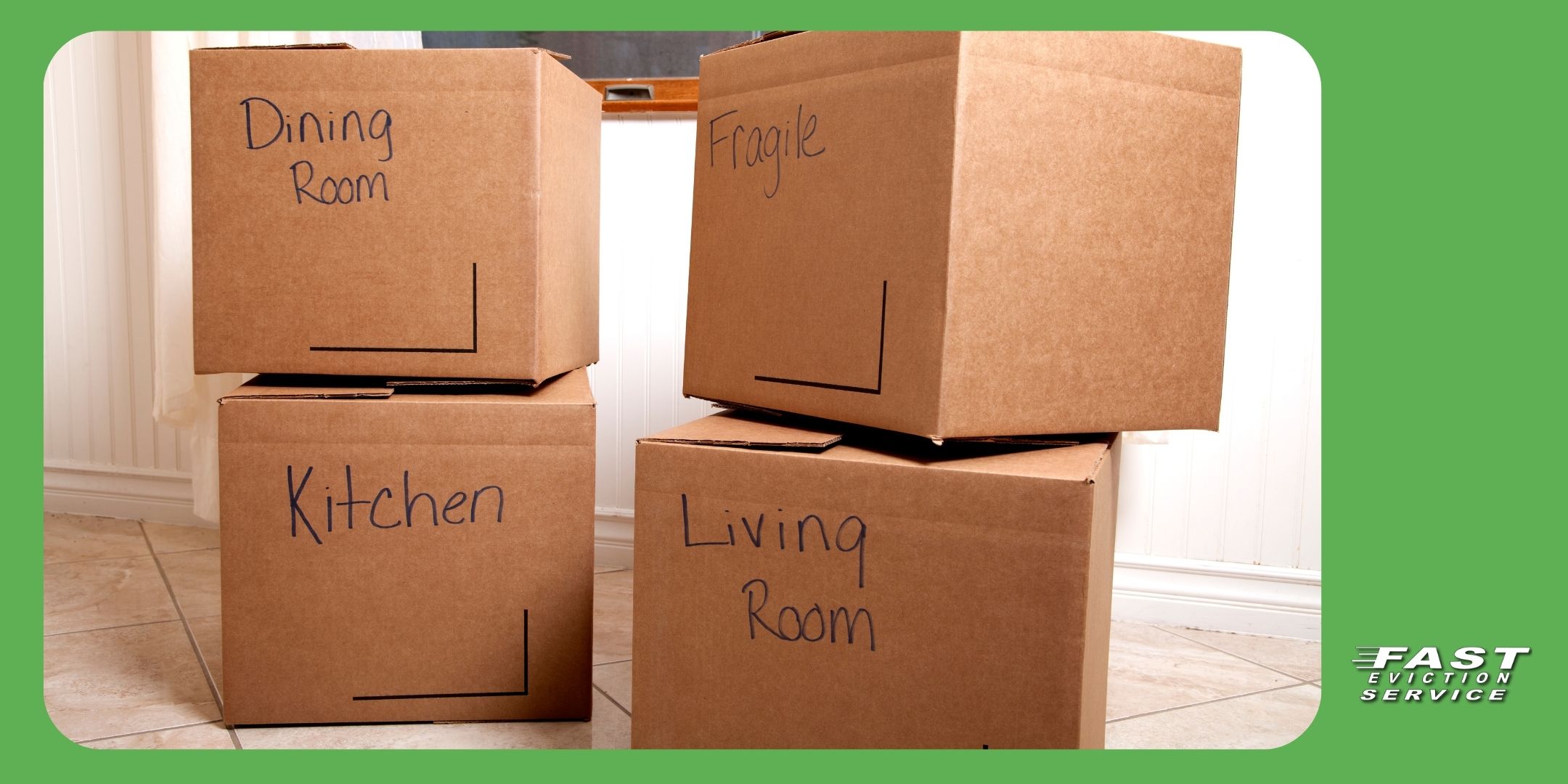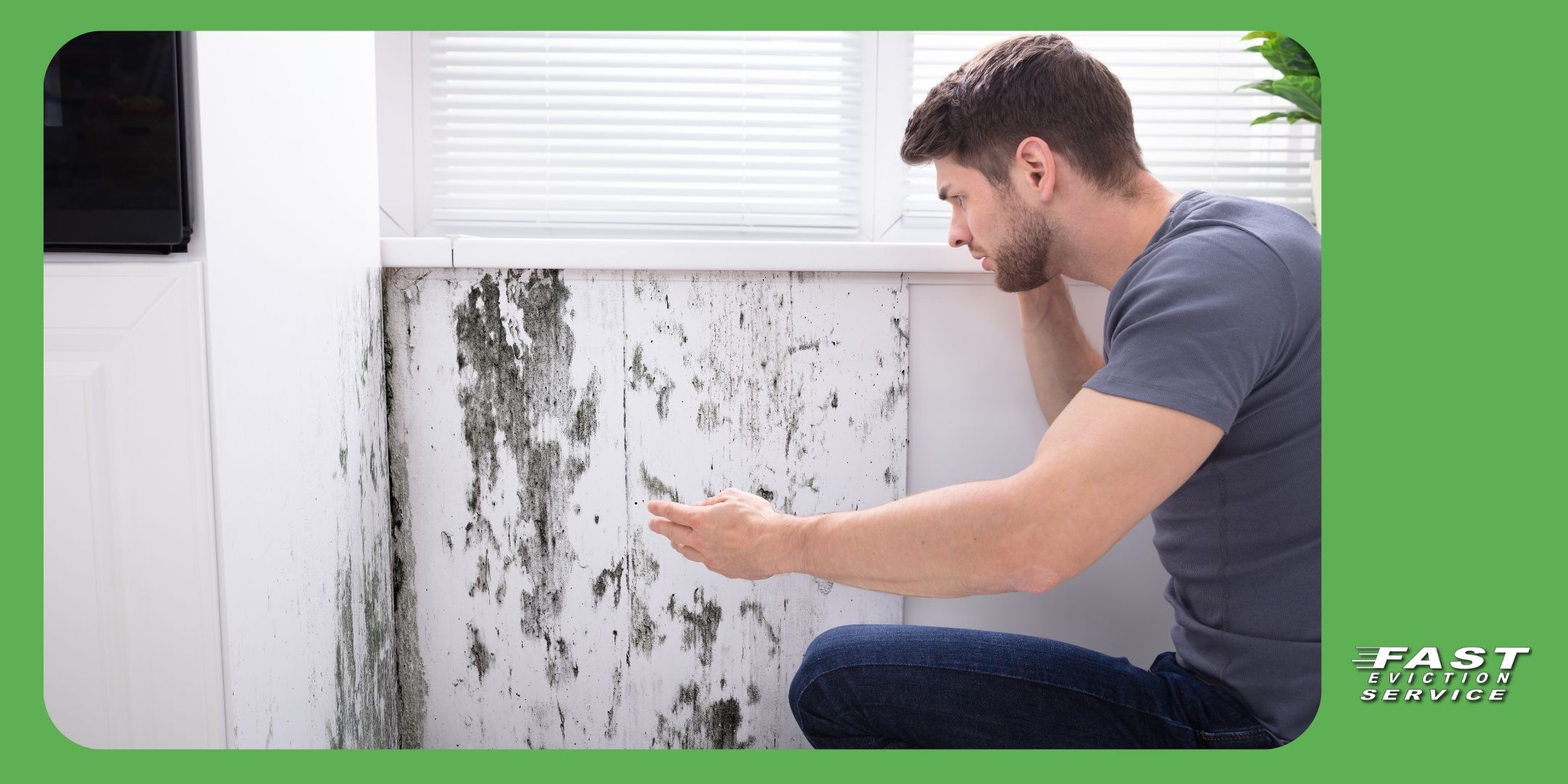Updated 12/05/24
As a landlord or property manager in Los Angeles, understanding the city’s regulations around smoke-free apartments is crucial. Smoke-free housing policies are increasingly prevalent as tenants demand healthier living environments, free from the harmful effects of secondhand smoke. Whether you’re managing a small unit or an expansive complex, implementing and adhering to smoke-free apartments regulations can benefit both your tenants and your property. This guide provides an in-depth look at these rules, how they affect landlords, and what steps you can take to maintain compliance.

Table of Contents
- Understanding Smoke-Free Apartments Regulations in Los Angeles
- Why Smoke-Free Rentals Are Gaining Popularity
- Complying with Smoke-Free Policies in Your Property
- Tenant Rights and Responsibilities
- FAQ About Smoke-Free Rentals in Los Angeles
Understanding Smoke-Free Apartments Regulations in Los Angeles
Los Angeles has specific policies aimed at promoting smoke-free environments in multi-unit housing. While California law prohibits smoking in common areas of apartment buildings, individual units may also be covered under local ordinances. LA’s smoke-free apartments regulations often extend to new leases, requiring landlords to clearly disclose smoking policies to tenants. This transparency ensures everyone understands whether smoking is allowed and the consequences of violating the rules.
The Los Angeles County Department of Public Health strongly supports smoke-free rentals due to the health risks associated with secondhand smoke. Landlords who implement smoke-free policies can not only protect tenant health but may also reduce the risk of fire and lower maintenance costs related to smoke damage.
Why Smoke-Free Rentals Are Gaining Popularity
Smoke-free rentals are on the rise in Los Angeles, driven by tenant demand and public health initiatives. Residents increasingly seek properties where smoking is prohibited, particularly families with children, individuals with respiratory conditions, and seniors.
For landlords, offering LA smoke-free apartments can be a selling point. These properties are often perceived as cleaner, safer, and more modern. Additionally, studies have shown that smoke-free rentals experience fewer disputes among tenants, as secondhand smoke exposure is a common cause of complaints.
By creating a smoke-free policy, landlords can foster a healthier community while protecting their investment. Smoking-related maintenance issues, such as lingering odors, stained walls, and damaged carpets, are significantly reduced in smoke-free buildings.
Complying with Smoke-Free Policies in Your Property
To comply with smoke-free apartments regulations in Los Angeles, landlords must follow a few key steps:
- Draft a Clear Smoking Policy: Include detailed language in your lease agreements specifying whether smoking is prohibited entirely or allowed in designated areas. Make sure this policy adheres to local and state laws.
- Notify Existing Tenants: If you’re implementing a smoke-free policy in an existing building, provide written notice to all tenants. You may also need to grandfather in existing leases until they renew.
- Post Proper Signage: Clearly mark common areas and entrances as smoke-free zones. This serves as a reminder to tenants and visitors about the rules.
- Enforce the Policy: Consistently enforce the rules outlined in your lease agreements. Failure to do so can undermine your credibility and lead to tenant disputes.
Keep in mind that enforcement doesn’t mean violating tenant rights. It’s essential to handle violations diplomatically and document all incidents.
Tenant Rights and Responsibilities
Tenants in Los Angeles have the right to live in a smoke-free environment if the lease or local ordinances prohibit smoking. However, tenants also have responsibilities under these regulations:
- Adhering to Lease Agreements: If the lease specifies no smoking, tenants must comply or face potential eviction.
- Reporting Violations: Tenants can report secondhand smoke exposure to property managers or local health departments.
For landlords, tenant education is critical. Providing resources about the health and environmental benefits of living in smoke-free rentals can encourage compliance and foster goodwill.
Frequently Asked Questions (FAQ)
1. Can I implement a smoke-free policy in my existing rental property?
Yes, landlords can implement a smoke-free policy, but they must provide written notice to tenants. If tenants are under existing leases, the new policy may only take effect upon lease renewal unless explicitly allowed in the current agreement.
2. Are e-cigarettes and vaping included in smoke-free regulations?
In many cases, yes. Los Angeles smoke-free apartments regulations often cover vaping and e-cigarettes. It’s important to specify this in your lease agreements to avoid ambiguity.
3. What are the benefits of offering a smoke-free rental?
Smoke-free rentals can attract health-conscious tenants, reduce maintenance costs, and minimize the risk of fire. Additionally, such properties align with the growing demand for cleaner, healthier living environments in Los Angeles.
By staying informed and proactive about Los Angeles smoke-free apartments regulations, landlords and property managers can create healthier, more appealing rental properties. Not only does this foster a better community for tenants, but it also enhances the long-term value of your investment.





